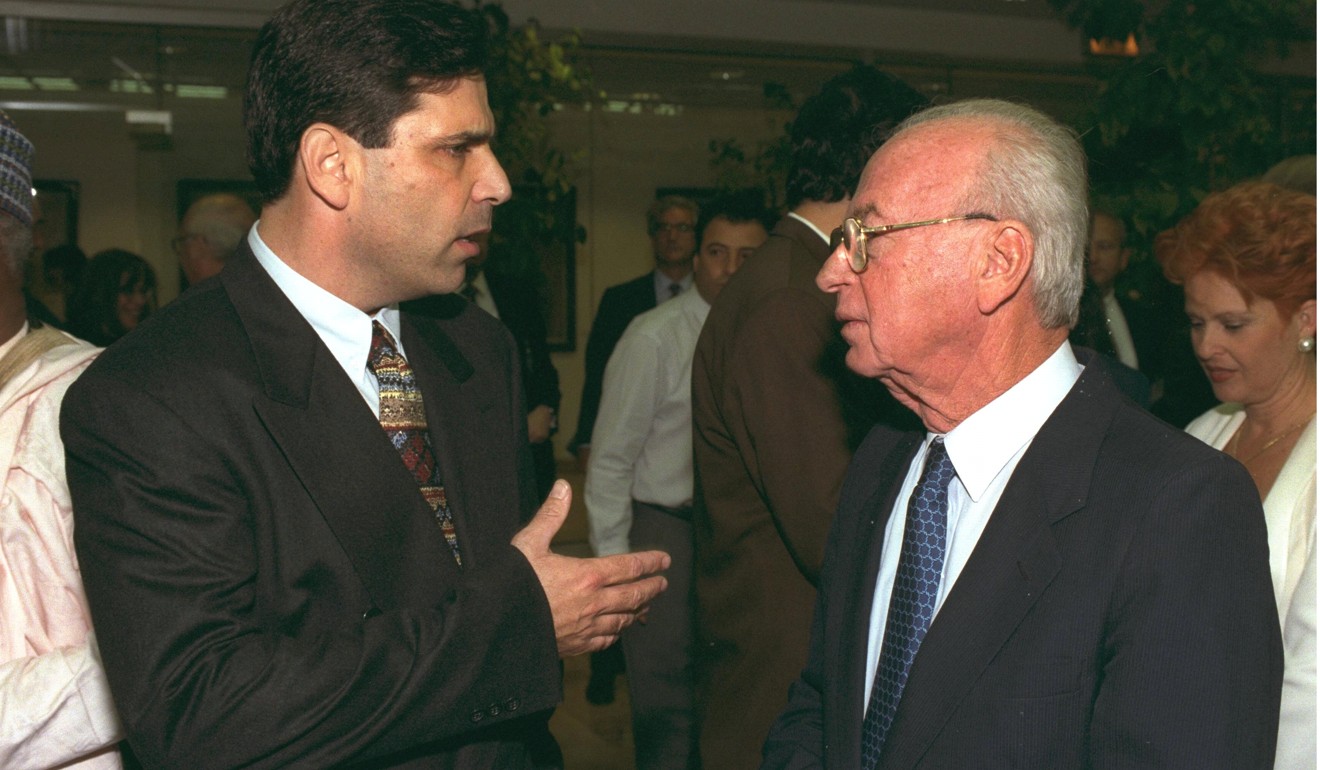
Former Israeli minister and attempted ecstasy smuggler accused of spying for Iran
Gonen Segev is accused of providing Iranian intelligence agents with sensitive information connected to Israel’s energy market and security sites
A former Israeli government minister, who served prison time a decade ago for smuggling ecstasy, was indicted last week by state prosecutors for “assisting the enemy in war and spying against the state of Israel”, the Israel Security Agency and the Israel Police said in a statement on Monday.
Gonen Segev, who served as Israel’s energy and infrastructure minister from 1992 to 1995, was allegedly providing Iranian intelligence agents with sensitive information connected to Israel’s energy market and security sites, the Shin Bet said in the statement.
Segev, who is also a doctor, spent two years in jail for trying to smuggle more than 30,000 ecstasy tablets into Israel from the Netherlands and forging a diplomatic passport, the Israeli newspaper Haaretz reported. He was released in 2007.
Since his release, Segev had been living in Nigeria, but he was deported to Israel last month after attempting to enter Guinea, which denied his entry due to his criminal past and turned him over to Israeli authorities, the Shin Bet said.

In Israel, authorities questioned Segev about his contacts with Iranian intelligence agents, with whom he initially met twice in 2012. Later, he met them “around the world in hotels and apartments used for secret Iranian activity”, the Shin Bet said.
“Segev received a secret communications system to encrypt messages between him and his operators,” the agency claimed. “The investigation also revealed that Segev gave his operators information connected to the energy market and security sites in Israel, including buildings and officials in political and security organisations.”
To carry out the tasks set by his Iranian operators, Segev forged connections with Israeli citizens working in Israel’s security and foreign relations fields, the agency said. All further information on the case remains under a court-imposed gag order.
Goldfarb Seligman & Co, a Tel Aviv law firm representing Segev, said from the indictment, which remains confidential because of the gag order, “a different picture emerges”.

